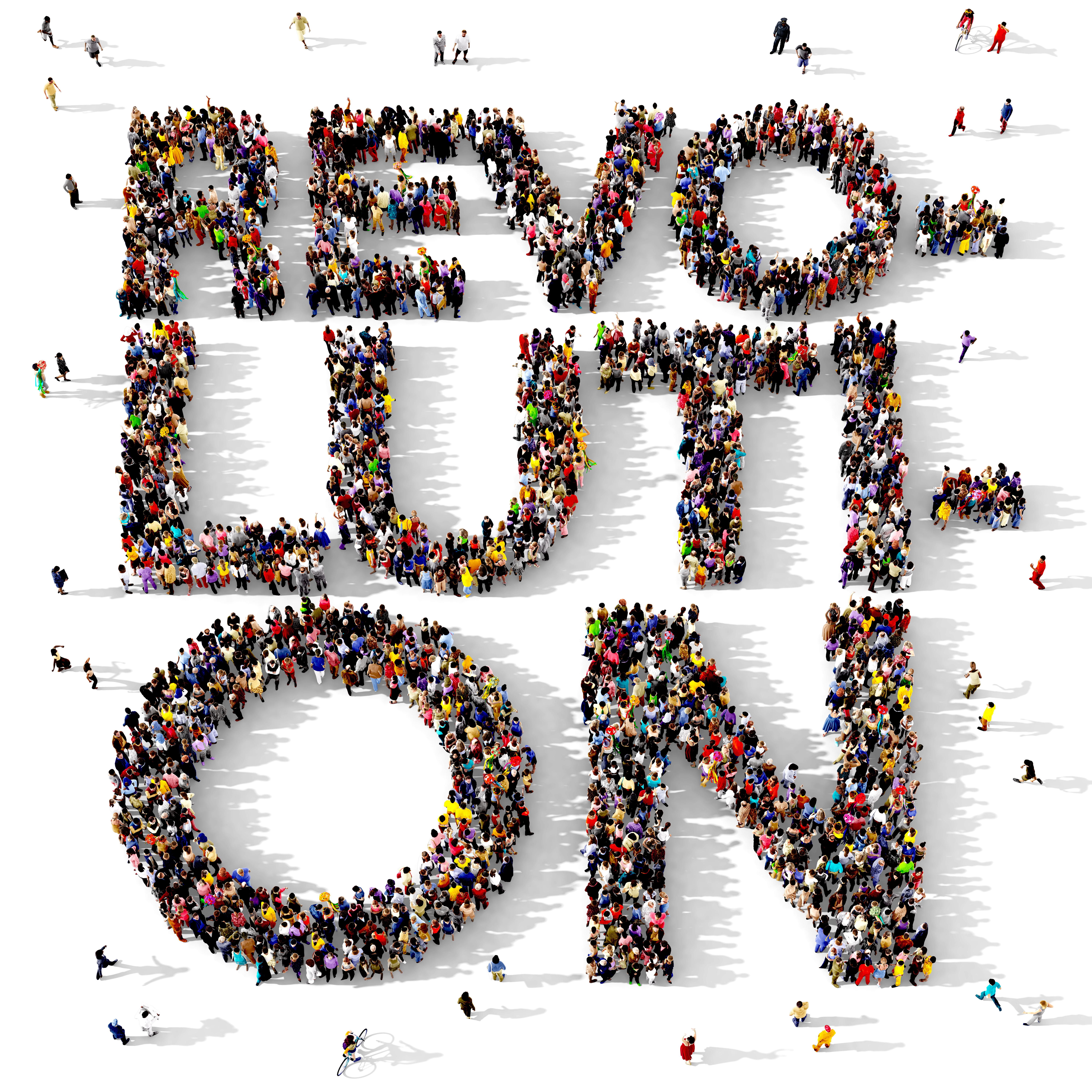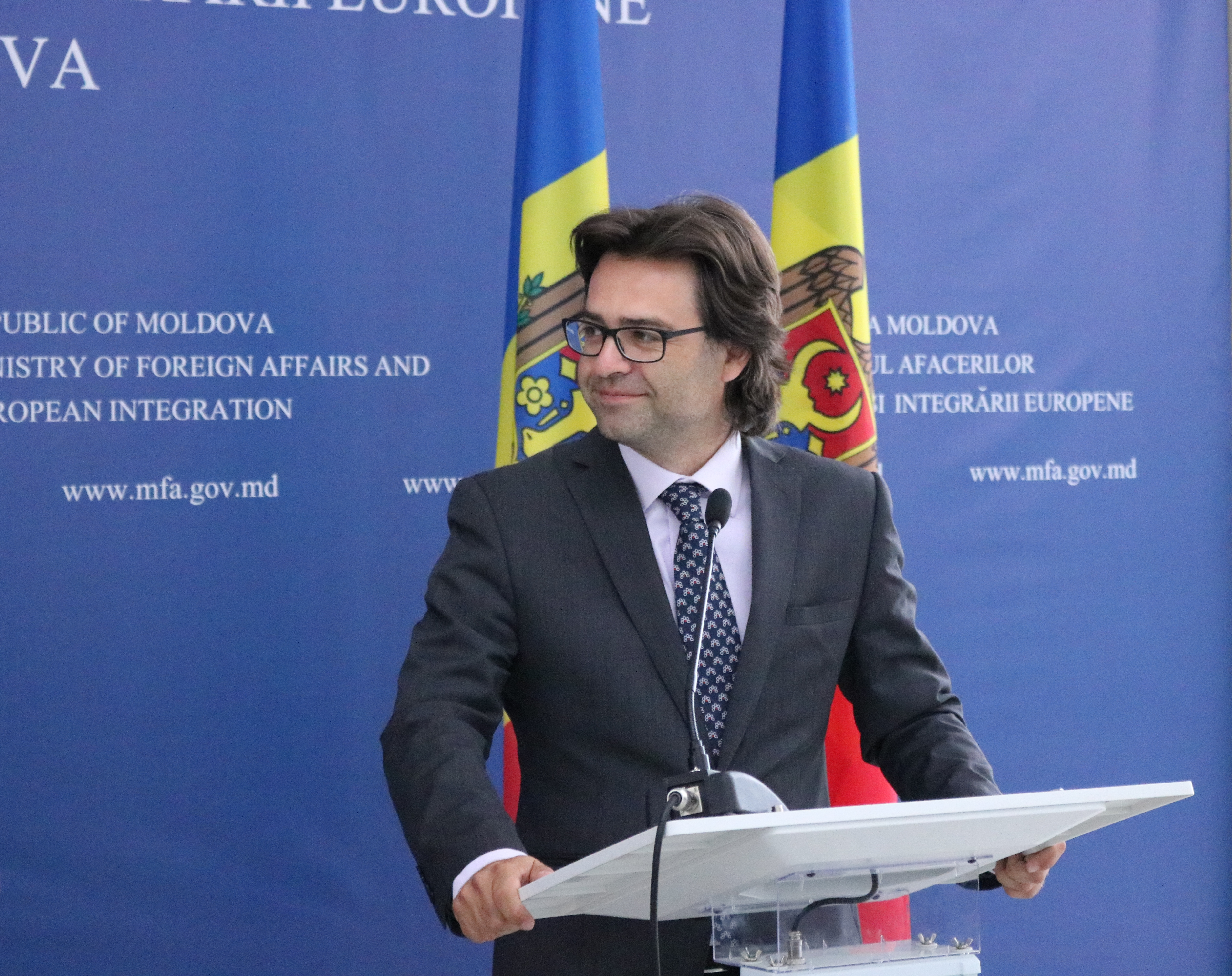By Veronica Anghel | Bologna
In assessing the state of liberal democracy in contemporary Europe, significant scholarly and public attention has been paid to the role of leaders. Post-Communist countries in particular are often the focus of scholars who announce a ‘democratic backsliding’ engineered by populist ‘strongmen’. This article suggests that in consolidating EU democracies, such attention is disproportionate in reference to the actual de-democratising effect of the emerging ‘strongmen’. It draws attention to the systemic conditions that allow such leaders to surface, and focuses on state capture (the extraction of private benefits from the state by incumbent officeholders) as a joint-venture practice that precedes and outlives individual political lives and acts as a brake on further democratisation.




